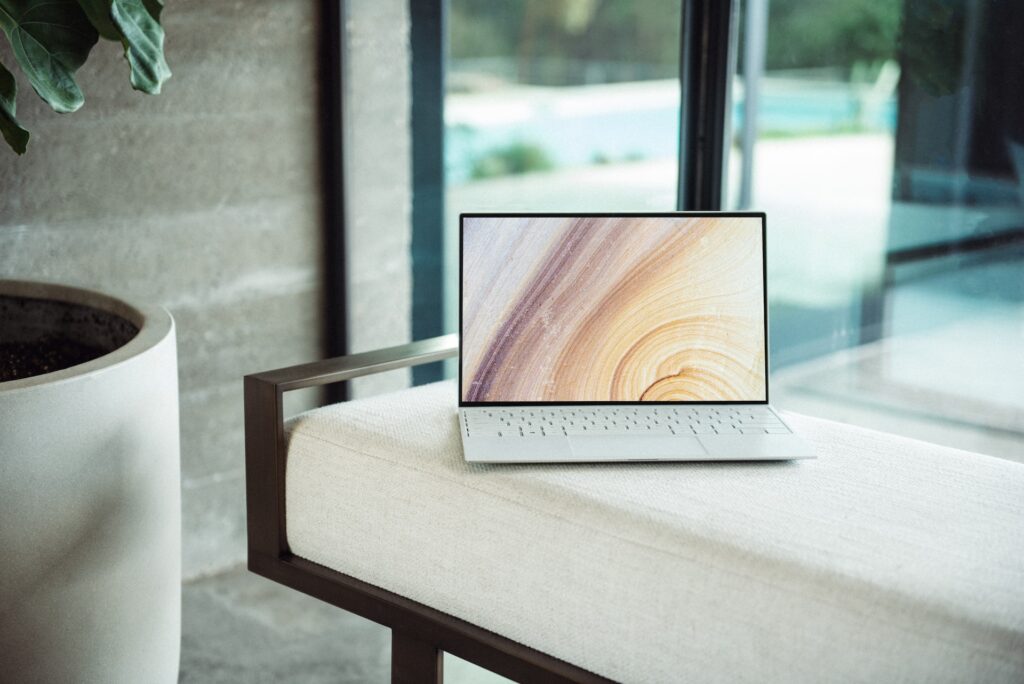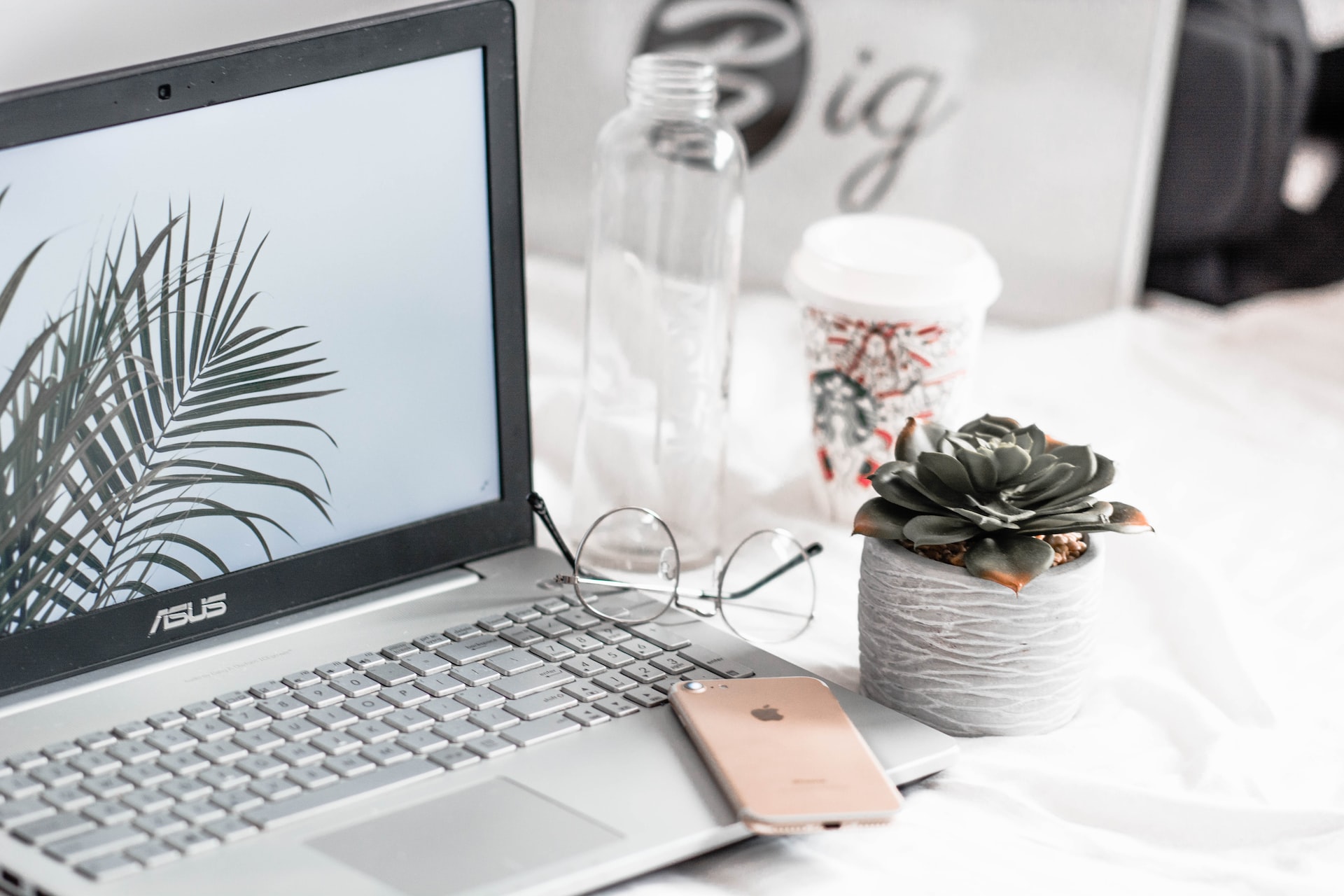Buying a laptop can be an overwhelming experience. From battery life to storage space and RAM, there are so many elements to consider that it can easily become overwhelming.
Fortunately, many tips can help make the process easier.
We will explain the most important things you need to know when buying a laptop.
Whether you’re a tech-savvy pro or a novice looking for your first computer, these tips will help you find the perfect laptop for your needs.
7 Essential Tips for Buying a Laptop
Buying a laptop can be overwhelming, especially if you’re unsure what to look for.
Here are seven essential tips for buying the perfect laptop: from budget and battery life to components and operating systems; these tips will ensure that you don’t miss out on important features or end up with something that won’t meet your needs.
With these simple steps, you’ll be able to find the perfect device in no time!
1. Choose Your Operating System
The first thing you must decide when shopping for a laptop is which operating system (OS) will work best for you. When deciding between an Apple or Windows laptop, it is important to consider the main differences between the two systems.
Apple laptops generally focus on simplicity and user-friendliness, making them great for those who are new to computers and don’t need advanced features.
On the other hand, Windows laptops offer more options and flexibility regarding software, making them ideal for more tech-savvy users.
If you’ve used Apple products before, then an OS X operating system like macOS is probably the best choice; if not, Windows 10 might be the way to go. Both offer great features and compatibility with software packages.
2. Processor Speed & RAM (The Most Important Thing to Look for When Buying a Work Laptop)
Regarding laptops, processor speed and RAM capacity are key factors in ensuring your device runs smoothly and efficiently at all times. Look for laptops with as much RAM as possible; 8GB is ideal, but 4GB should suffice, too, depending on what type of tasks you expect it to perform, such as video editing or gaming.

As far as processor speed goes, aim for at least 2GHz—anything slower will slow down your computer significantly over time due to bloatware and other programs running in the background.
3. Battery Life & Charging Time
When shopping for a new device, you should pay close attention to your laptop’s battery life. After all, the last thing you need is for your device to die during an important task. Battery life is important—the longer your battery lasts, the better!
Look for laptops with good battery life ratings from reputable sources like Consumer Reports or CNET; aim for at least eight hours of use on one charge if possible, but 6-7 hours should still be sufficient, depending on how much time you spend using your device each day.
Additionally, check how long it takes to charge up again—look for quick charging options such as USB Type-C ports that can get your laptop from 0%-100% in just 1-2 hours.
With that said, Apple MacBook laptops are famous for their battery performance, especially the latest M1/M2-chip-based ones. However, an Apple product is quite an investment. For those on a tight budget, we recommend looking into refurbished MacBook Air models.
4. Storage Capacity & Backups
Your laptop’s storage capacity should also be considered before making a purchase; 128GB of storage space should be enough unless you plan on storing large files or backing up lots of documents onto an external hard drive or cloud server regularly.
Also, look into automatic backup options such as iCloud or Google Drive if available; this will ensure any important documents are backed up securely in case something ever happens to your device in the future!
5. Screen Size & Resolution
Make sure your chosen laptop has adequate screen size and resolution so that everything looks sharp and crisp—look for Full HD (1920×1080) resolution at a minimum, but 4K resolution (3840×2160) would be even better if available within budget constraints!
Screen size should also be taken into account; 13-14 inches is usually more than enough unless you want something bigger like 15-17 inches which may require more power from its components, thus reducing battery life slightly but providing more real estate on screen whilst using applications like word processors or photo editors etcetera…
6. Weight & Portability
Lastly, check how much weight the laptop adds when carrying it around—aiming for something under 4 lbs is ideal, especially if carrying around frequently.

Additionally, make sure plenty of ports are available to connect external peripherals, such as mice, keyboards, or other laptop accessories.
Another issue is USB Type C ports that are particularly useful for both data transfer and charging capabilities, depending on whether they support Power Delivery standards offered by modern devices today too.
7. What to Look for When Buying a Laptop: Price Range & Warranty Options
Last but not least – always try to compare prices between different retailers online/offline before committing to anything else – additionally, try asking around about any extra warranty options being offered by retailers/manufacturers alike.
Another option to consider is picking up a pre-owned computer instead. Not only will you save a lot of money (especially if you are in need of a high-end device), but you will also reduce your carbon footprint! And as it happens, Gadget Salvation offers expert advice and assistance to help you make the right choice when it comes to purchasing a laptop. Our team of experienced laptop specialists can help you make an informed decision by evaluating your individual needs and budget. We understand that everyone has different requirements when looking for a laptop, and our team can provide advice on features, performance,
This might save some money in the long run, especially if something ever happened regarding hardware-software-related issues sometime down the line too. Always worth double-checking before deciding ultimately.
Conclusion
Whether you’re new to computers or a seasoned technology user looking for an upgrade, these seven essential tips will help guide you through the process of choosing the perfect laptop for your needs without breaking the bank.
From processor speed and RAM capacity to storage capacity and portability – this is what you should be looking for when buying a laptop. Rest assured, your money will be well-spent when investing in a new device! Keep these ideas in mind when shopping around next time – and happy laptop hunting!










